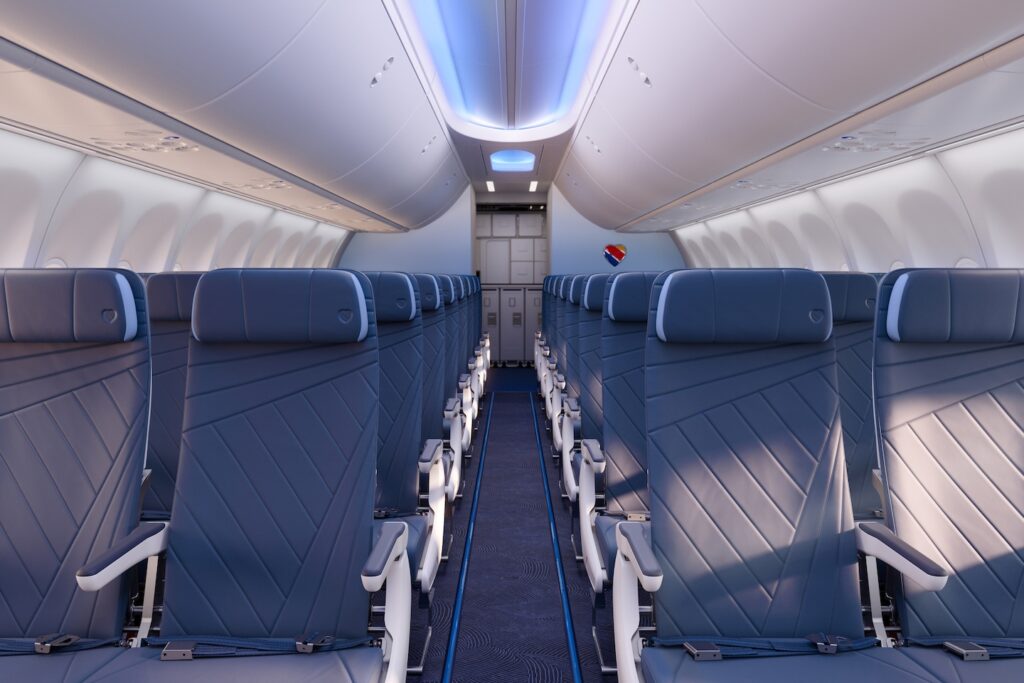“It's been several years since we last looked into this thoroughly, and customer preferences and expectations change over time,” Jordan says. “We are also studying the operational and financial benefits of potential changes.”
Unlike most airlines, Southwest Airlines planes do not have a premium section with higher fares. While other airlines may charge extra for plush seats in the first few rows or extra legroom options near the front, Southwest customers can take any available seat. However, there are no additional decorations in the spot near the reception.
In a news release announcing quarterly results, a conference call discussing the results, and an interview with CNBC, officials said they were taking a closer look at customer preferences regarding seating and boarding. The airline said the current unreserved seating system was generally introduced when the plane was not full, and noted that preferences change as the plane fills up.
In response to a question about seating, Jordan said: “There have been no decisions and I have nothing to report other than it's something we're seriously considering.” “But the early signs look very interesting, both for our customers and for the Southwest.”
Southwest Airlines has been considering the possibility of seat reservations for at least nearly 20 years, but the review has accelerated in the past six months, the CEO said. Jordan said the company will announce details at an investor event in September. The company recently announced that it is preparing to add red-eye flights in the next few years.
Now, passengers in the Southwest can pay more and sit in better seats without having to reserve their seats in advance. Upgrades that offer priority boarding and early check-in allow customers to choose their spot first. Company executives said last year that the company was making “hundreds of millions of dollars” in profits from upgraded boarding options.
“They're in a situation where they're kind of in a pinch when it comes to revenue generation, and they're looking at everything,” said Robert W. Mann, a consultant and former airline executive. “I think what they saw was that if you tweaked an existing cow call, they discovered that it was very profitable.”
He said if airlines could offer a more “fun” boarding process or paid seat reservations, they would likely become more attractive to travelers.
“There was nothing in their boarding process that couldn't be improved,” Mann said.
Henry Harteveldt, a travel analyst and president of Atmosphere Research Group, found in a study conducted more than a decade ago that many passengers were not offered a seat with extra legroom, a reserved seat, or a luxury business class cabin. of people are found to be avoiding the Southwest. He said airlines would get a “huge benefit” by adding reserved seats, and travelers would likely welcome knowing which seat they would end up sitting in.
“I think this is a very positive thing for the airline, but we recognize that Southwest Airlines has a history of being egalitarian, having empty seats, and being different than other airlines for over 50 years,” he said. “I am doing so,” he said.


